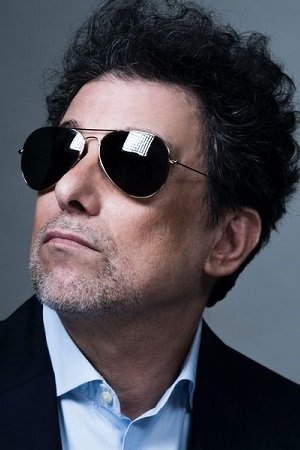
Andrés Calamaro
Birthday: Born in 1961-08-22 in Buenos Aires, Argentina.
Deathday: Alive
Andrés Calamaro, born in 1961, in the port Santa Maria of the Buenos Ayres. Andr s was introduced in the world of music when he learnt to play bandoneon with only 8 years and, nine years later, already played keyboards in a group of candombe-rock called "Roots", which made its debut album. During his youth and having already had experience as a keyboardist, studied for a short time his career in law to finally devote himself to music. He tried his luck with the "Blues Colorado Band sausage" that formed with his friend Augusto "Gringui" Herrera following after with an Association following the line of The Platters, tilted slightly by the rock, to thus define itself again next Gringui in what would be his "Elmer's Band" project that Eduardo Cano (rear bassist of the Twist) is added. It was called by H ctor Zeta Bosio to belong to a local band called The Morgan which later became "Project Erekto" when I join them Gustavo Cerati and that eventually would be transformed after time in what is known as Soda Stereo, already without the presence of Calamaro, in the beginning of the Decade of the 1980s. Shortly after Miguel Angel Peralta, known as Miguel Abuelo, selected it and invited to be part of his band, in character of keyboardist. Thus was born a new version of the legendary Abuelos de la Nada. As an active member of the band of Miguel Abuelo, Andr s belonged to the leagues (band stand by Charly Garcia) as also to the "Ray Milland Band", group formed by Daniel Melingo and Pipo Cipolatti l when it was recorded the first album of Los Twist, "La said in movement" that would participate Andr s as a guest keyboardist. After the recognition and the achieved success with the band, after having created a series of stickers and unforgettable hits like "no gamulan", "Thousand hours", "So the heat" and "Argentine customs", Andr s became solo artist in music. This is how in 1984, came the departure of its first work solo, called "Calamaro Hotel", which was produced by Charly Garcia and accepted by a select audience, but reaching a satisfactory result. Later in 1985 he recorded what would be the last album with Los Abuelos, a material which marked the end of his career with the band live. Their second album was called "Cruel life", which synthesized the sounds that kept flitting into the few: new wave, touches of dark, certain claustrophobic pop. The album was a moderate impact, but less than the success he had known when he was part of the Abuelos de la Nada. He then began his work as a producer for bands such as Los Fabulosos Cadillacs and Los Enanitos Verdes, during this short, participated as bassist of Luis Alberto Spinetta, and gift some of his songs to artists of the stature of Monica Posse Nito Mestre and Maria Rosa Yorio, who recorded them in his records. Driving his own ("Welcome to the hotel") radio program, he met Ariel Rot and complied with l a music society to record two solo albums and out to the roads of Argentina. Along with great musicians and in close collaboration with some personalities went on sale, in 1988 and 1989 respectively, the discs for"look" and "Nobody goes live here" with which Andrés showed his independence and musical maturity. Despite this, awaited success not yet reached the hard work of Andres.
TV Credits

Lo + plus
Character: Self
...
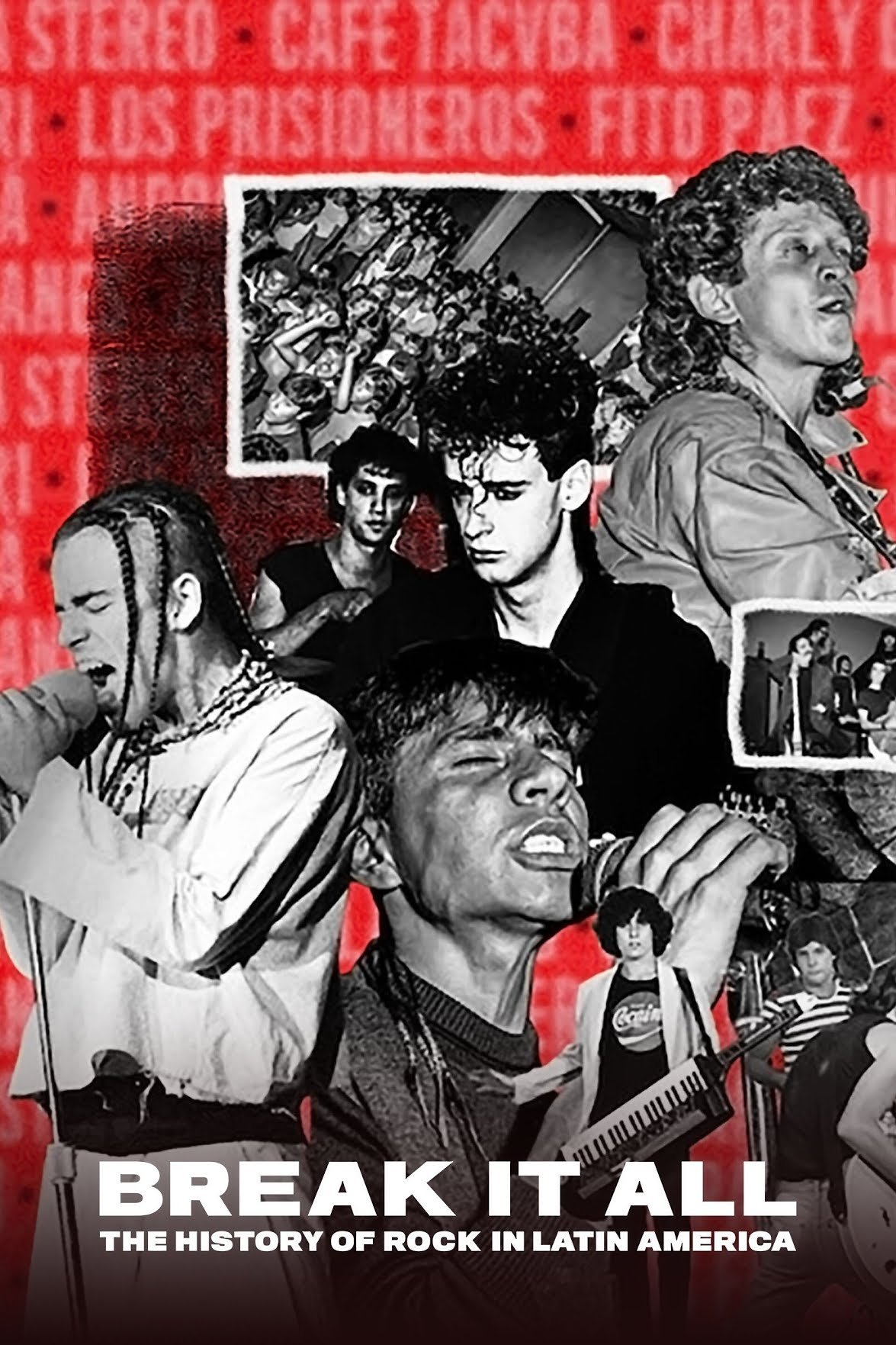
Rompan todo: La historia del rock en América Latina
Character: Self
Soda Stereo, Café Tacvba, Aterciopelados and others figure in this 50-year history of Latin American rock through dictatorships, disasters and dissent....
Movie Credits
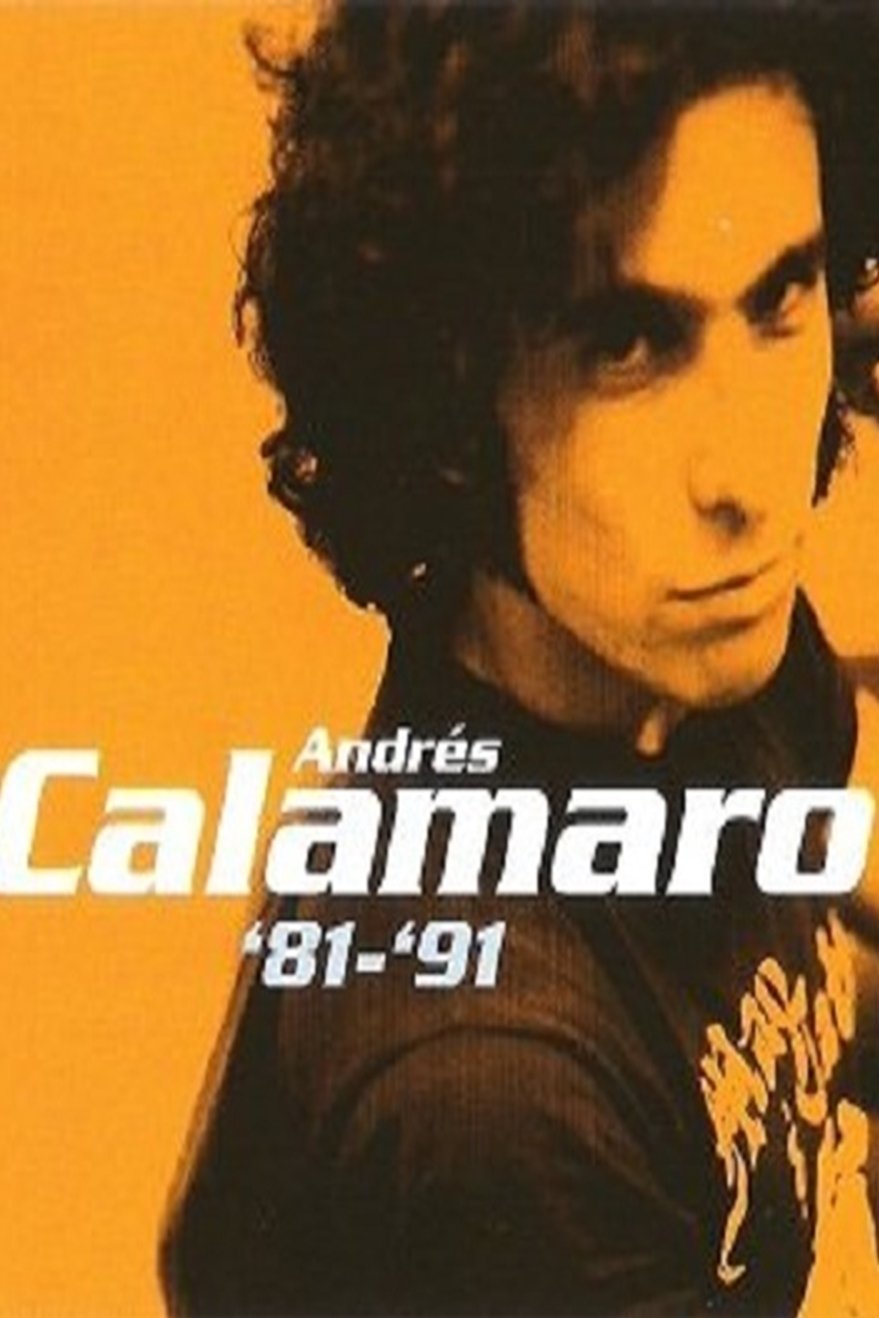
Andrés Calamaro - '81-'91 (Temas inéditos)
Character: himself
...
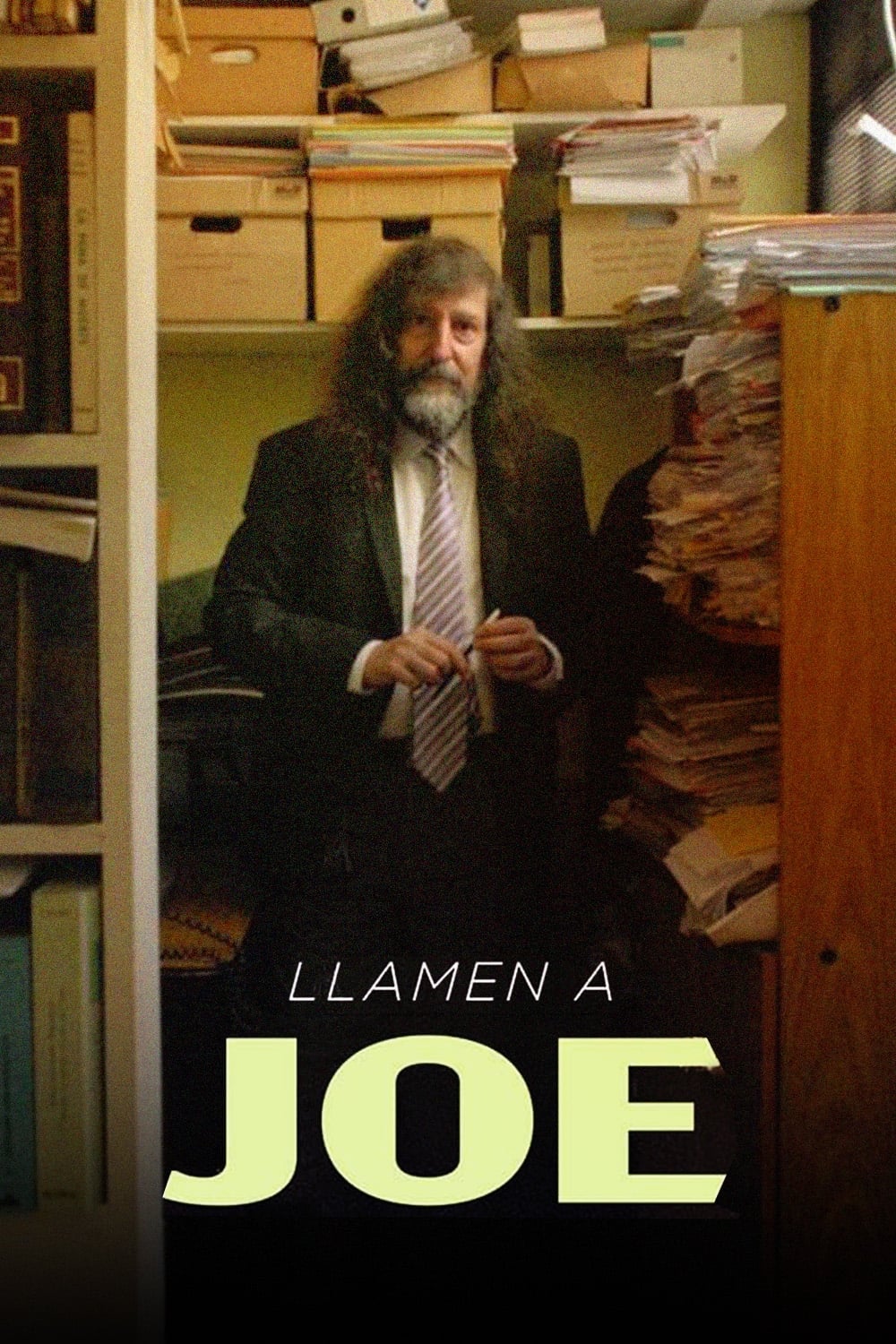
Better Call Joe
Character:
Convicts, scammed people, addicts, musicians in trouble—all of them look for Joe Stefanolo, the criminal lawyer who’s been fighting for more than four decades to bring the spirit and ideals of rock to justice....
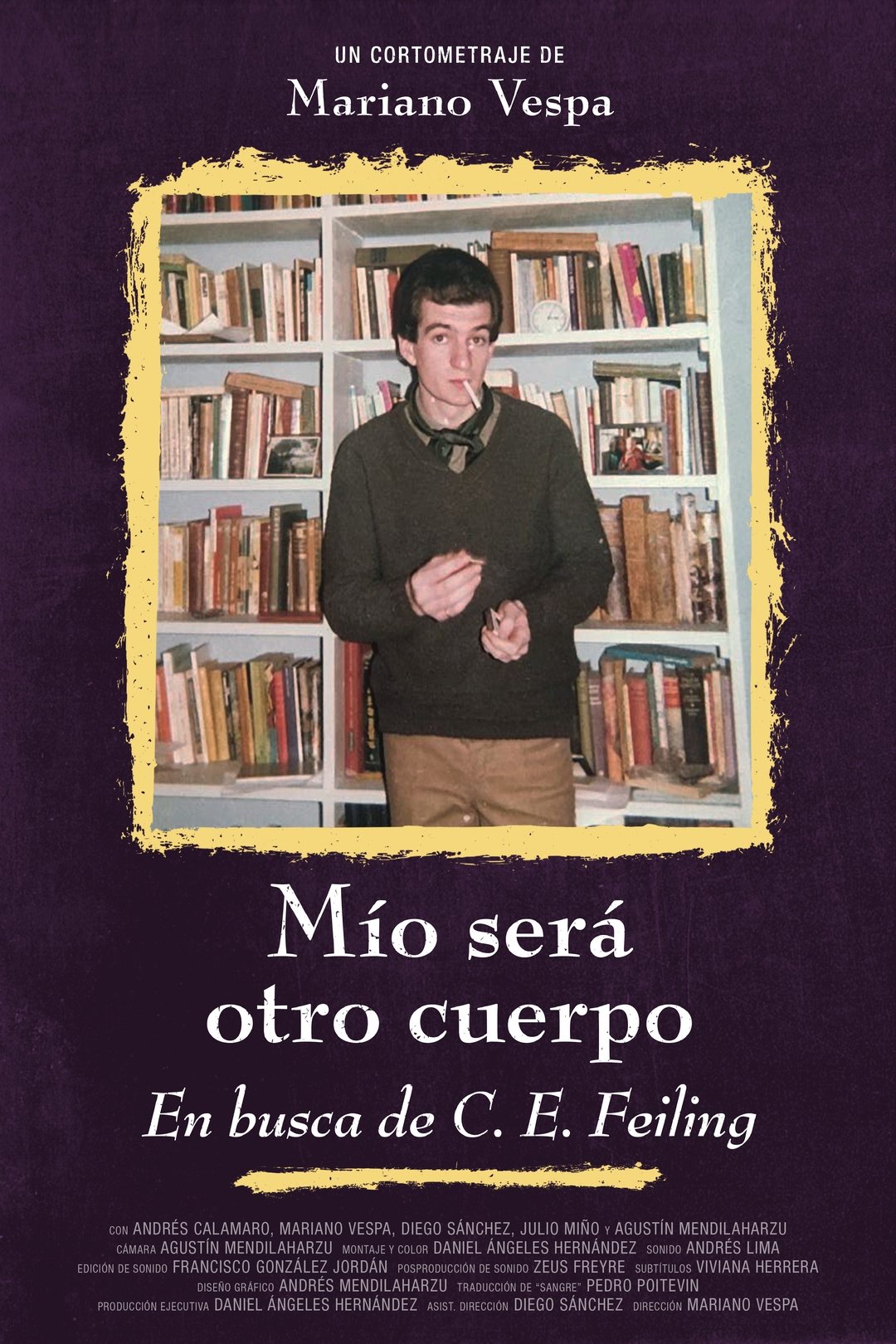
Mine Will Be Another Flesh. In Search of C.E. Feiling
Character:
Like a pair of wild detectives, two friends sniff around the library of eccentric writer and critic C.E. Feiling in search of the traces of a cult author, a punk dandy who swam against the current of Argentine literature....
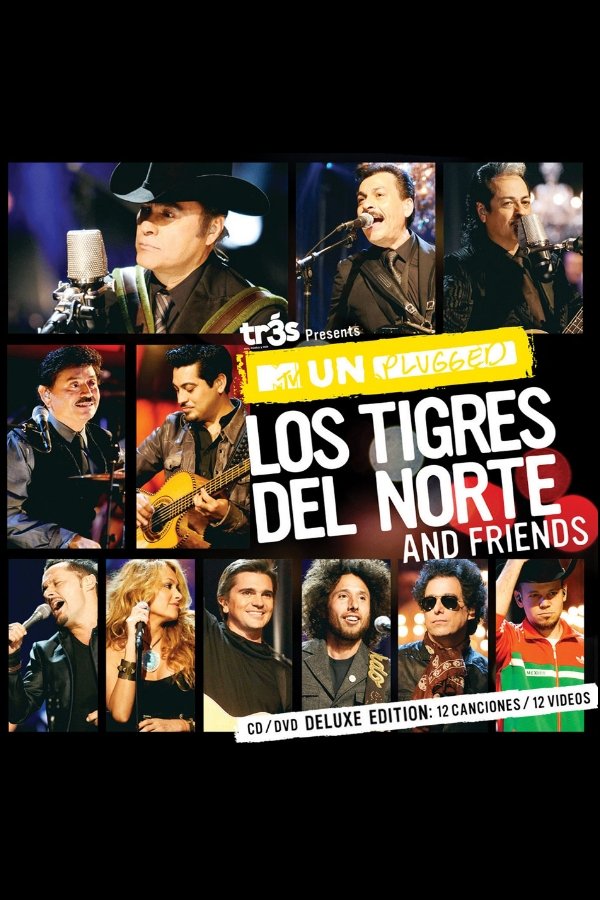
MTV Unplugged: Los Tigres del Norte and Friends
Character:
MTV Unplugged: Los Tigres del Norte and Friends is a live album by Mexican recording artists Los Tigres del Norte. It was recorded before a live audience at the Hollywood Palladium in Los Angeles, California, on February 8, 2011 and released by Fonovisa Records on May 24, 2011. The album includes featured performances by Andrés Calamaro, Calle 13, Zack de la Rocha, Juanes, Paulina Rubio and Diego Torres....
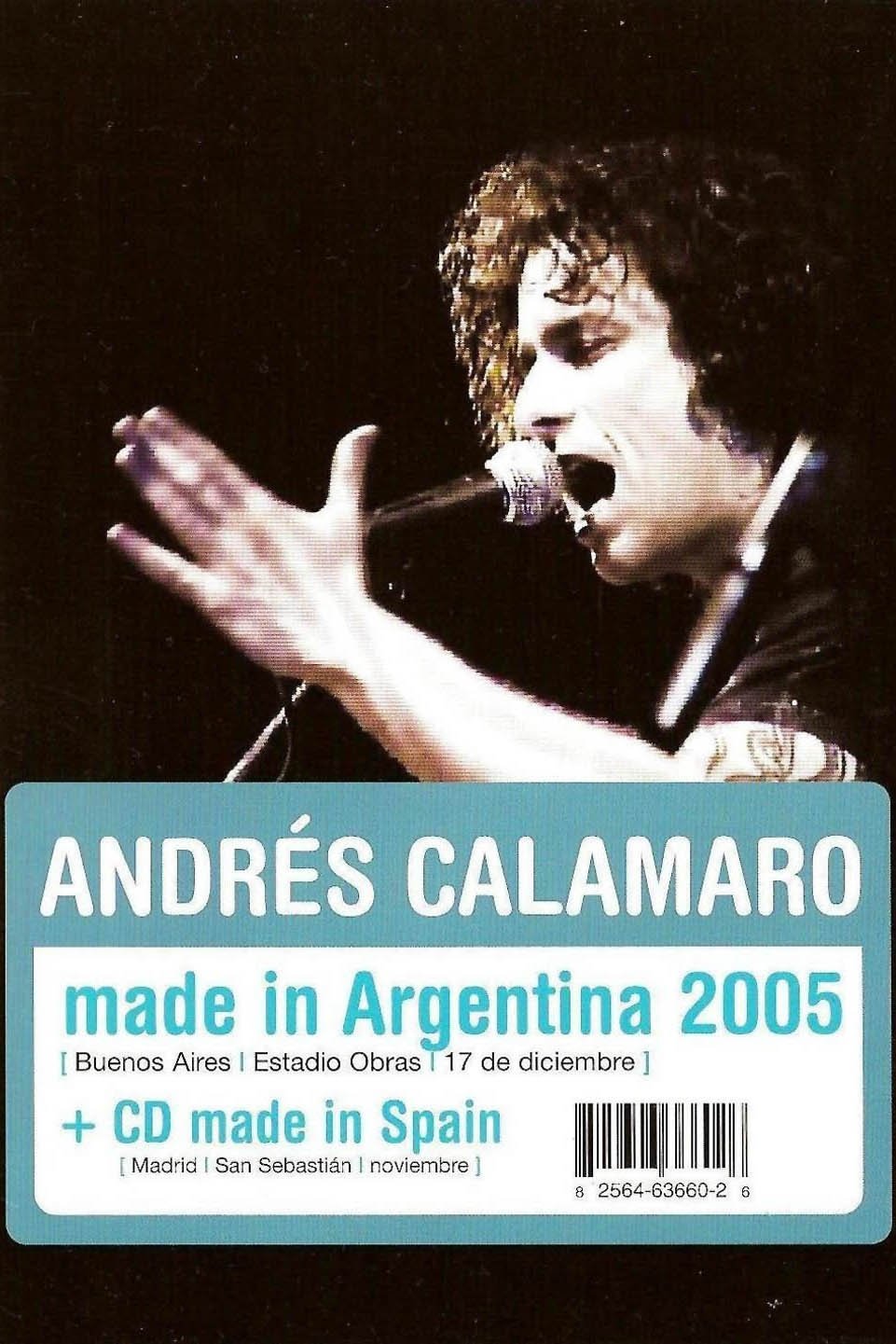
Andrés Calamaro - Made In Argentina
Character: Teclados y Voz
...
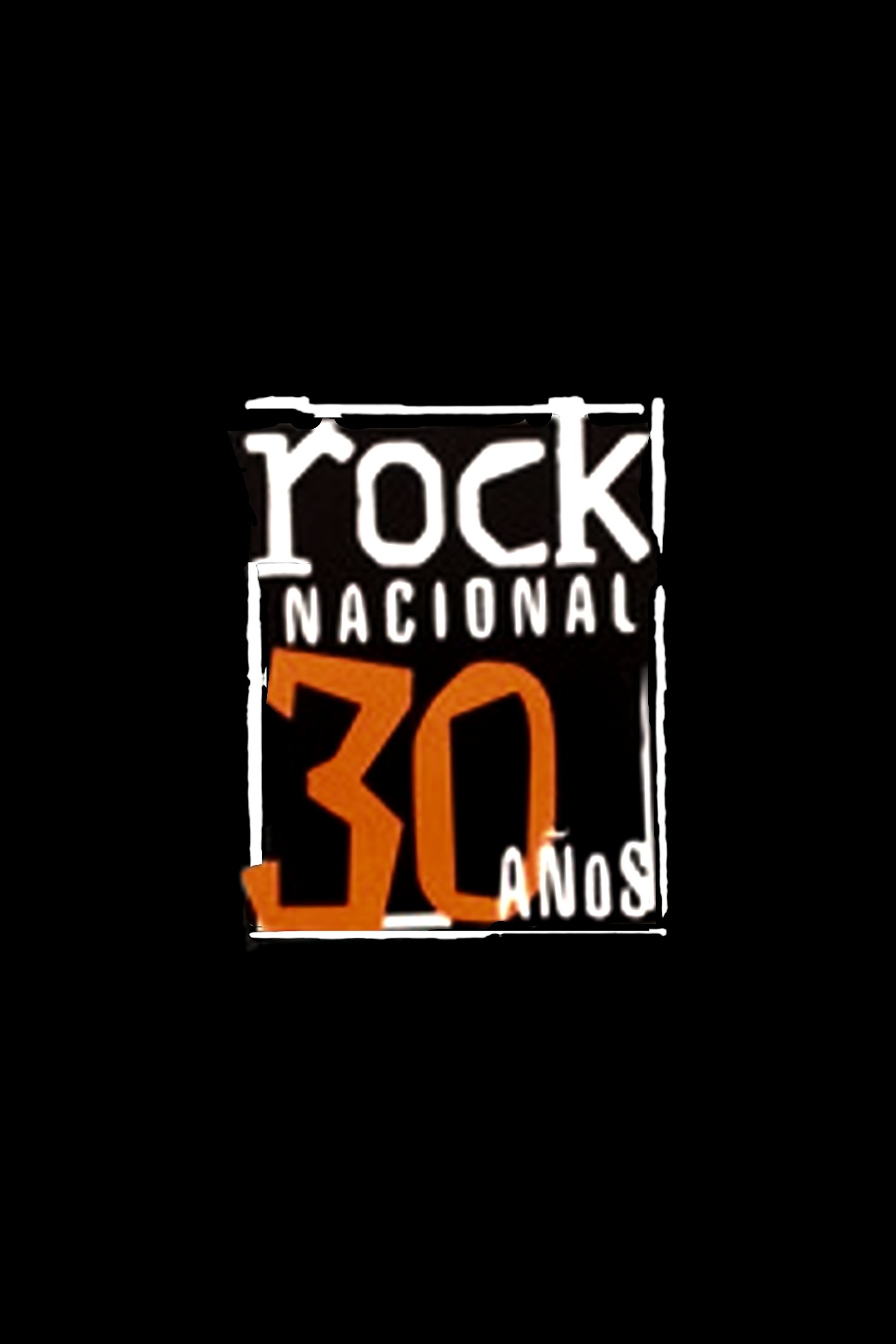
30 Years of Argentine Rock
Character: Self
Aided by archival footage and interviews with its key figures, this documentary delves into the history of Argentine rock music from its origins up to the mid-1990s....
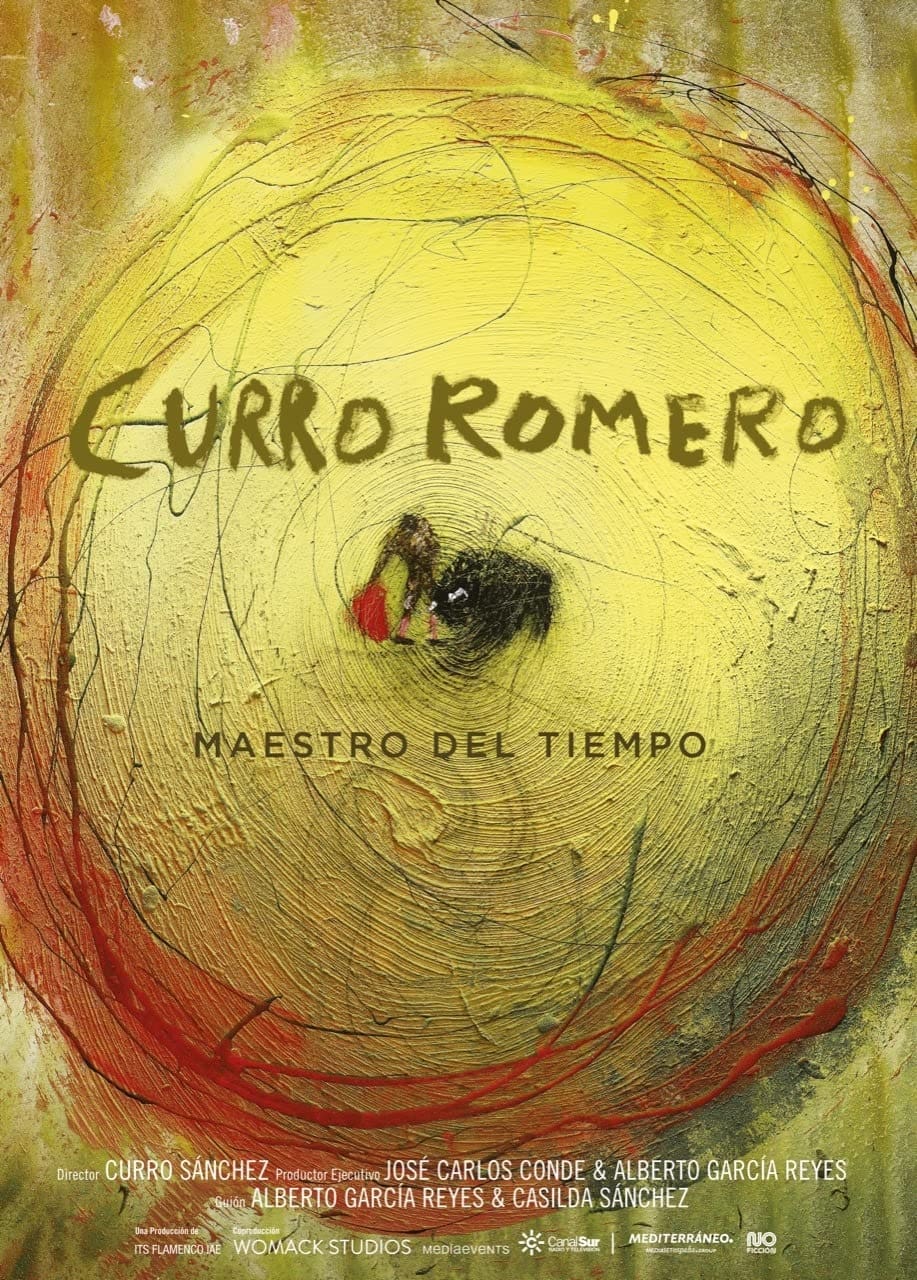
Curro Romero, Maestro del Tiempo
Character: Himself
...
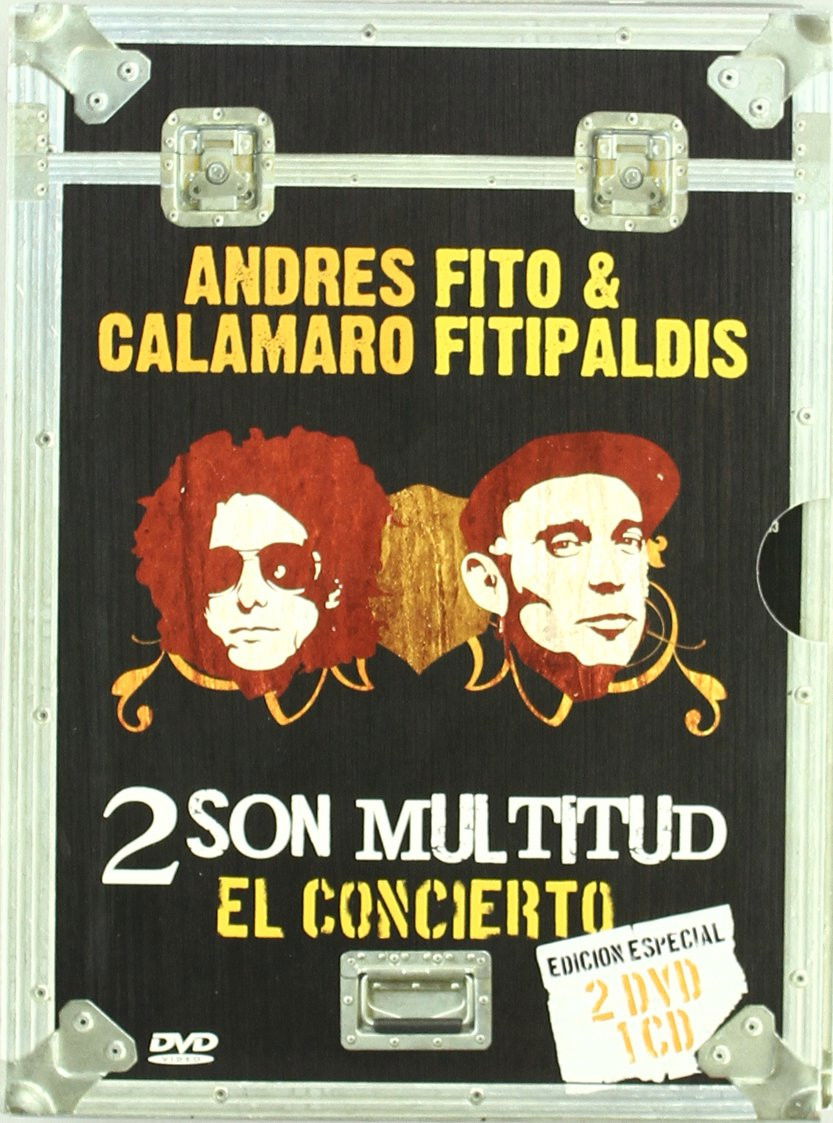
Dos son multitud - Andrés Calamaro y Fito & Fitipaldis
Character: Andrés Calamaro
...
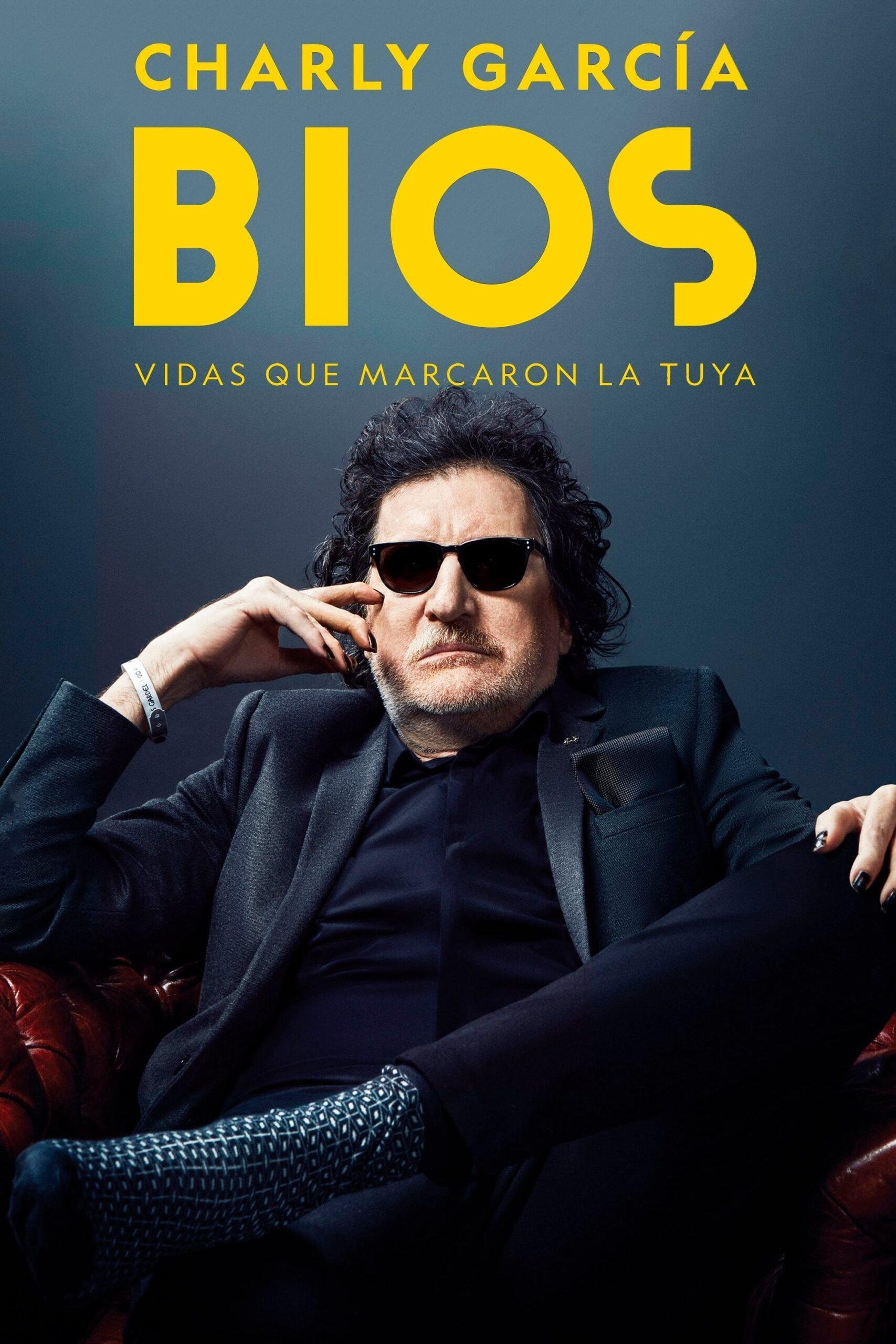
Bios. Vidas que marcaron la tuya: Charly García
Character: Self
...
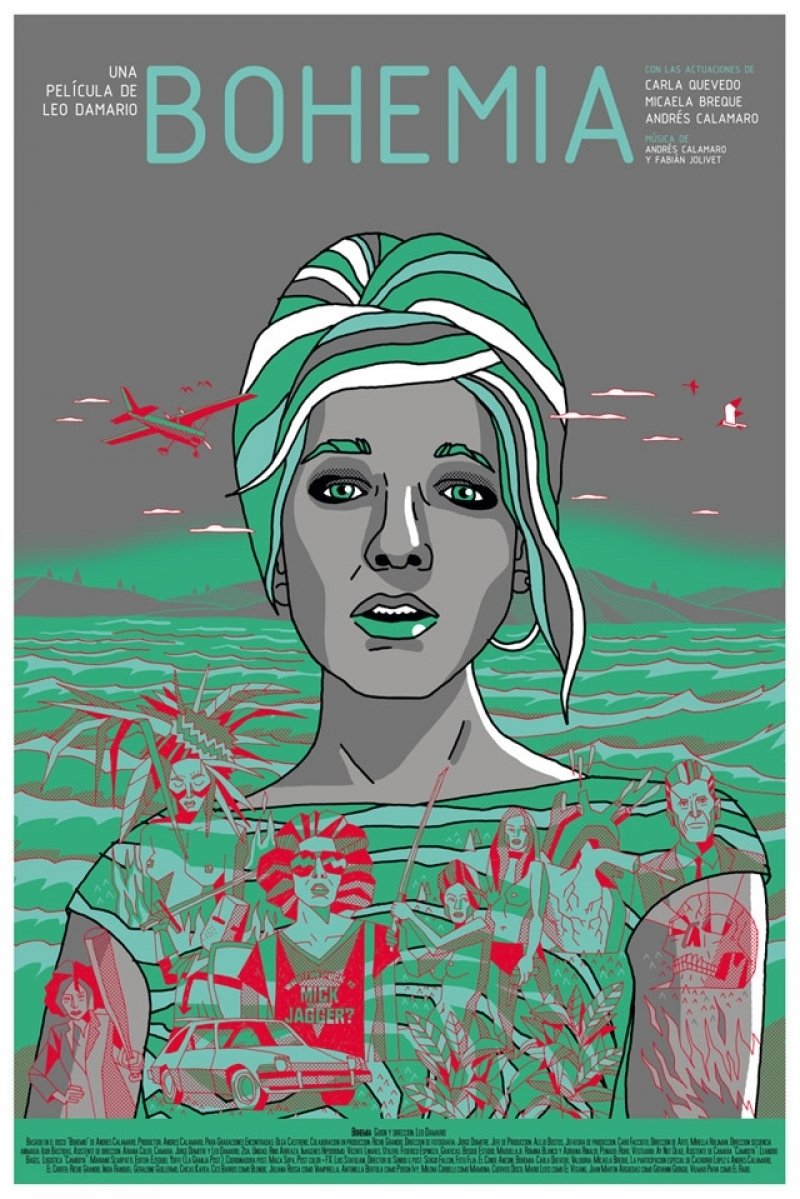
Bohemia
Character:
...
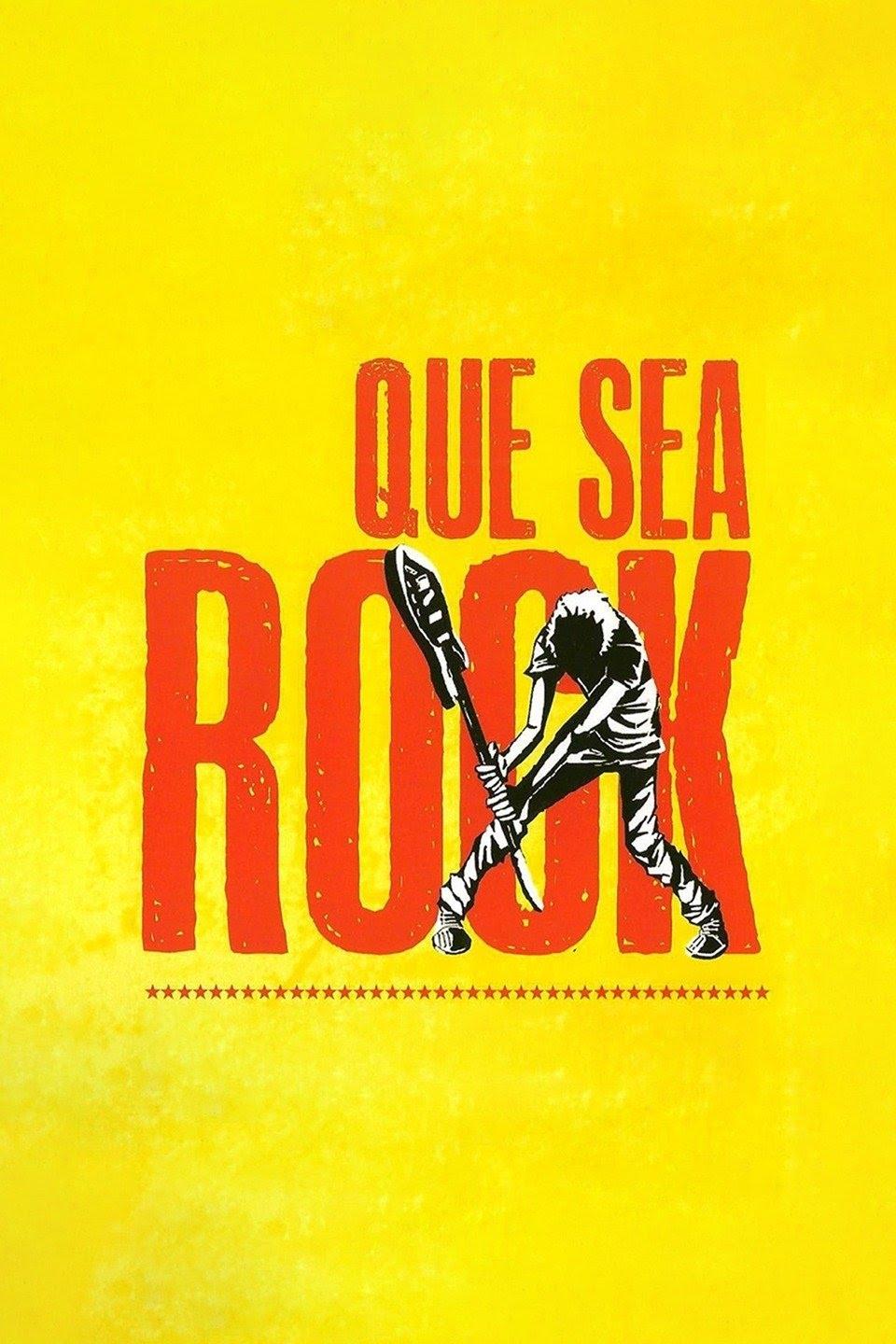
Que sea rock
Character:
A look into Argentina's rock scene post-Cromañon's tragedy. It does not just present the most popular songs by soloists and bands featured in the film, but it goes backstage and shows the artists’ private world, how they write their music, where they live, how they became what they are and what their dreams are....
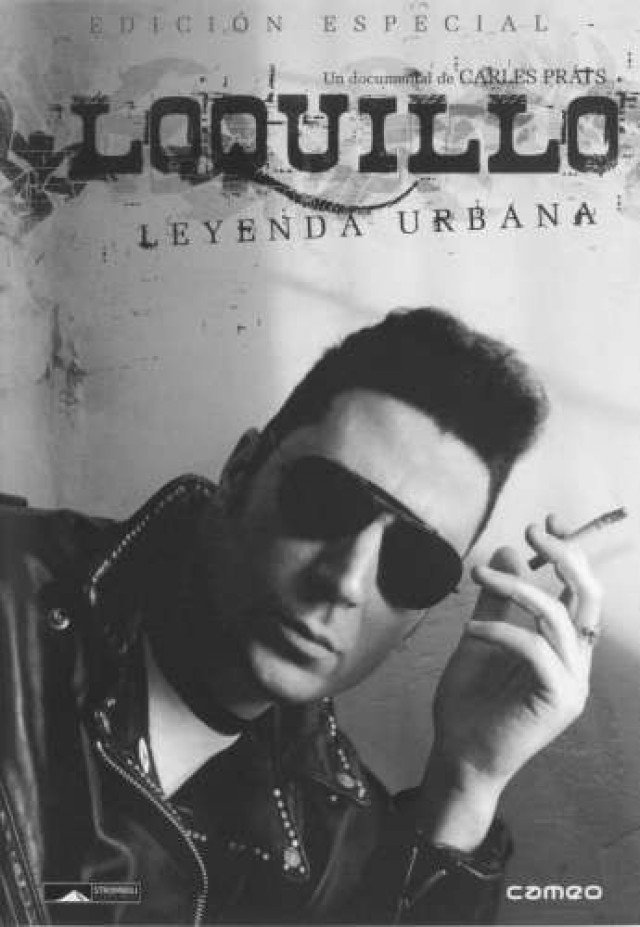
Loquillo: Leyenda urbana
Character:
...
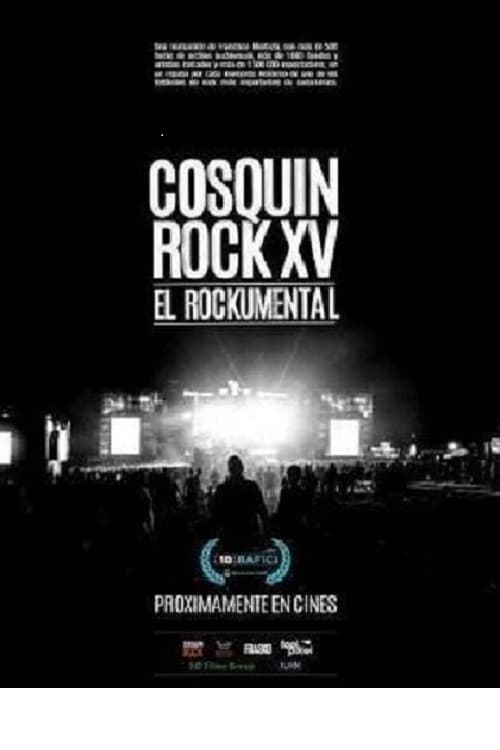
Cosquín Rock XV: El documental
Character:
...
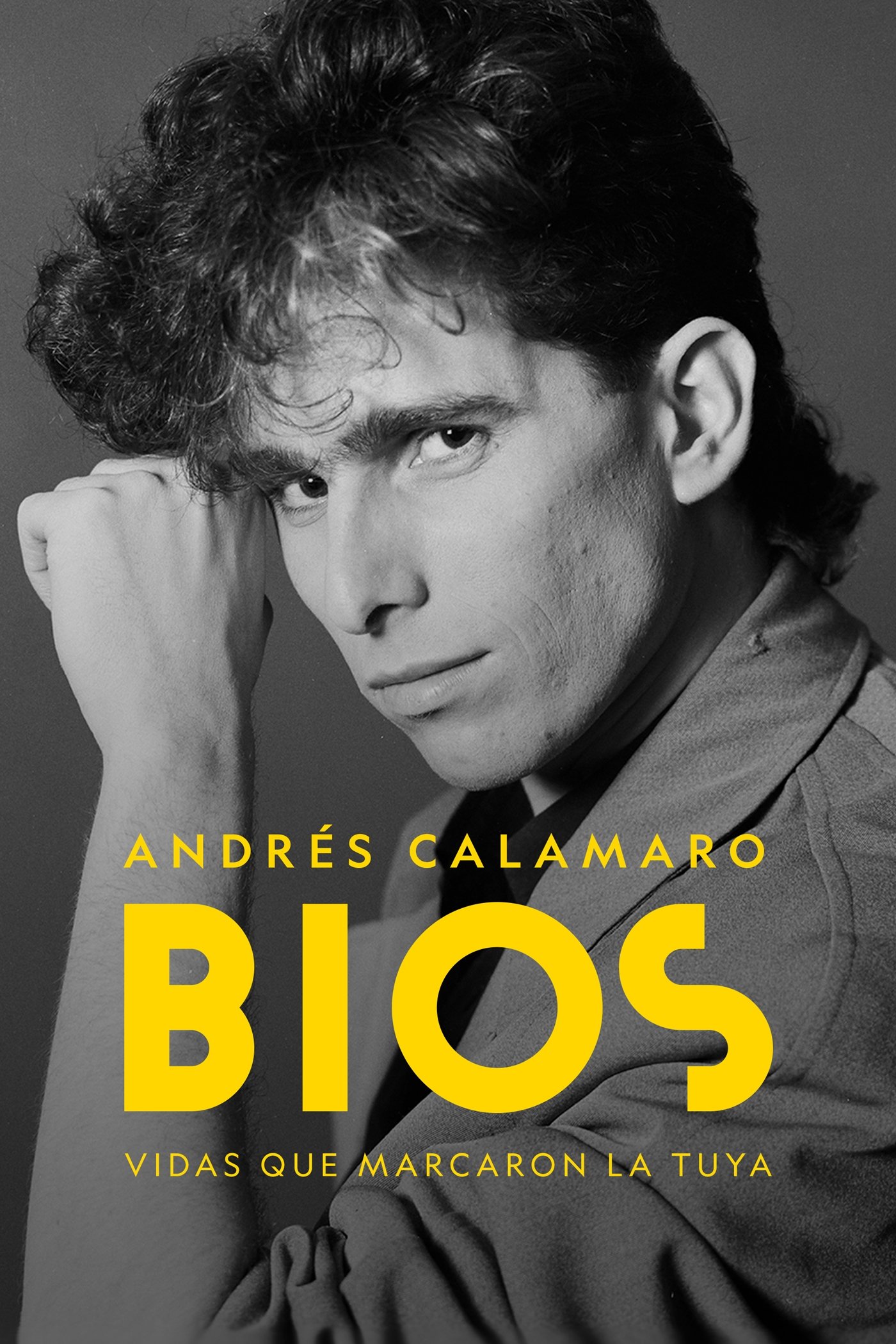
Bios: Andres Calamaro
Character: Self
By way of unearthed material, commentary from Andrés Calamaro’s friends and former bandmates, and an in-depth interview with Calamaro himself, this special explores the multi-instrumentalist, Latin Grammy award-winning artist’s career....
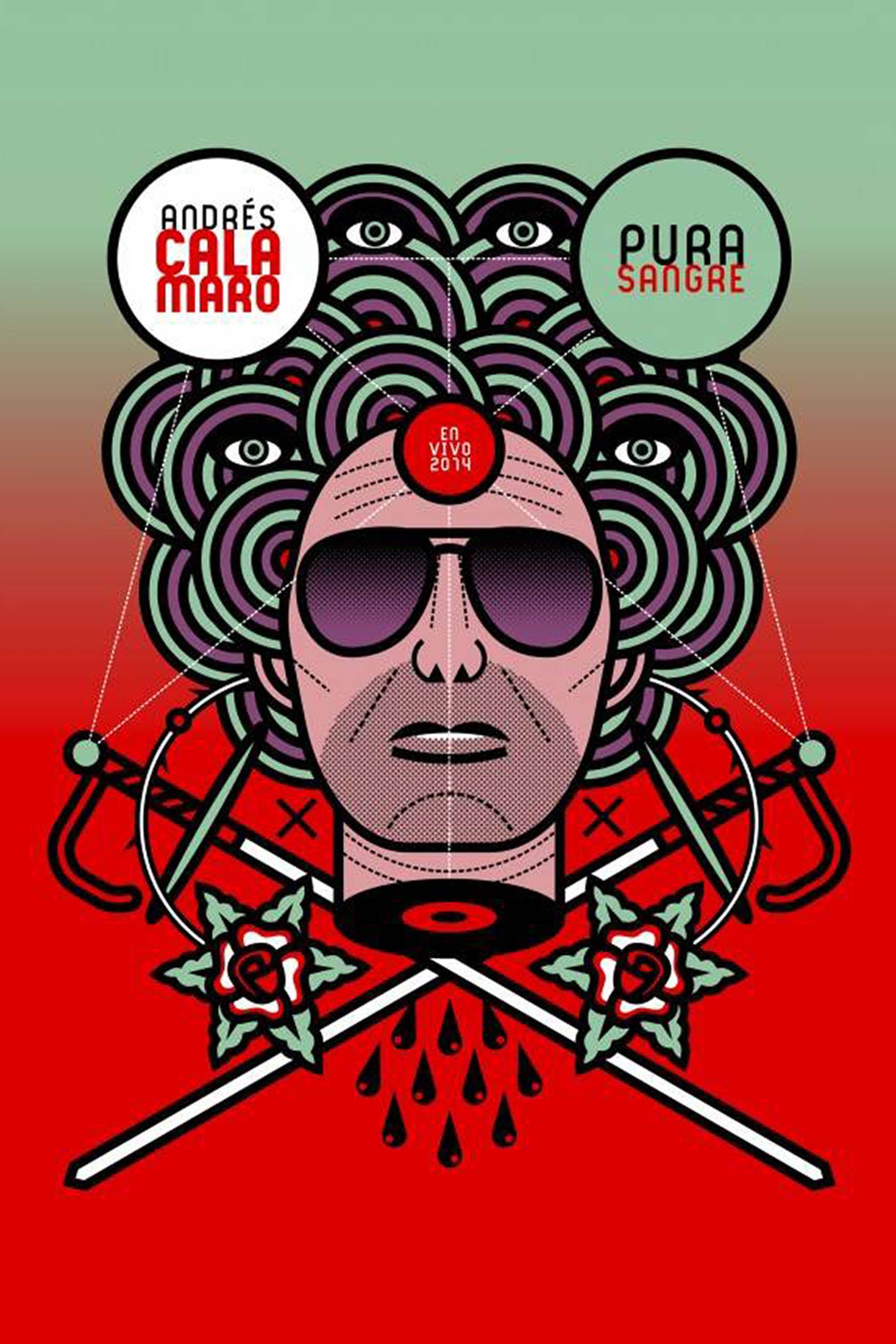
Andrés Calamaro: Pura Sangre
Character: Canto, piano, piano eléctrico y guitarra
...
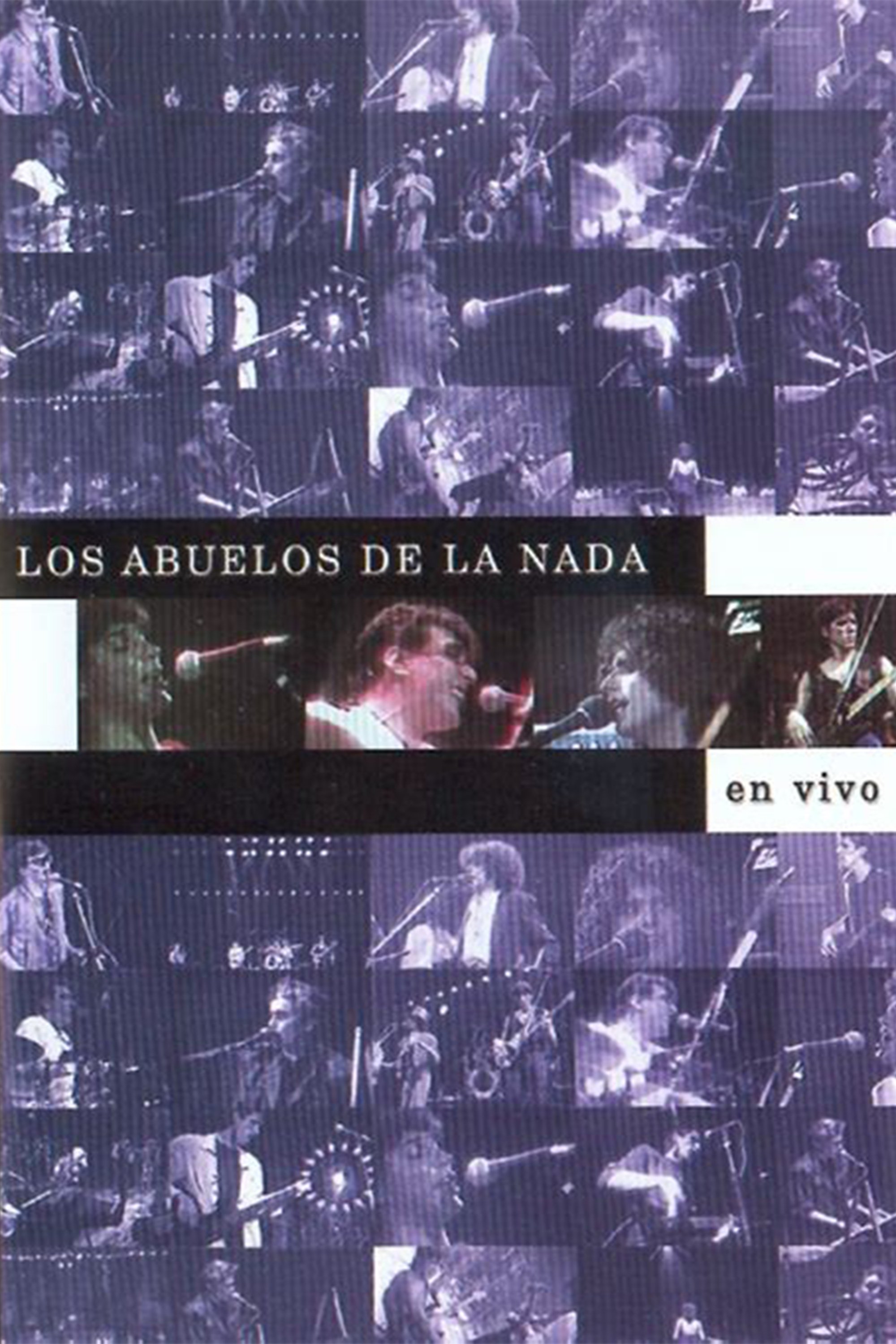
Los Abuelos de la Nada en Vivo
Character: Self
...
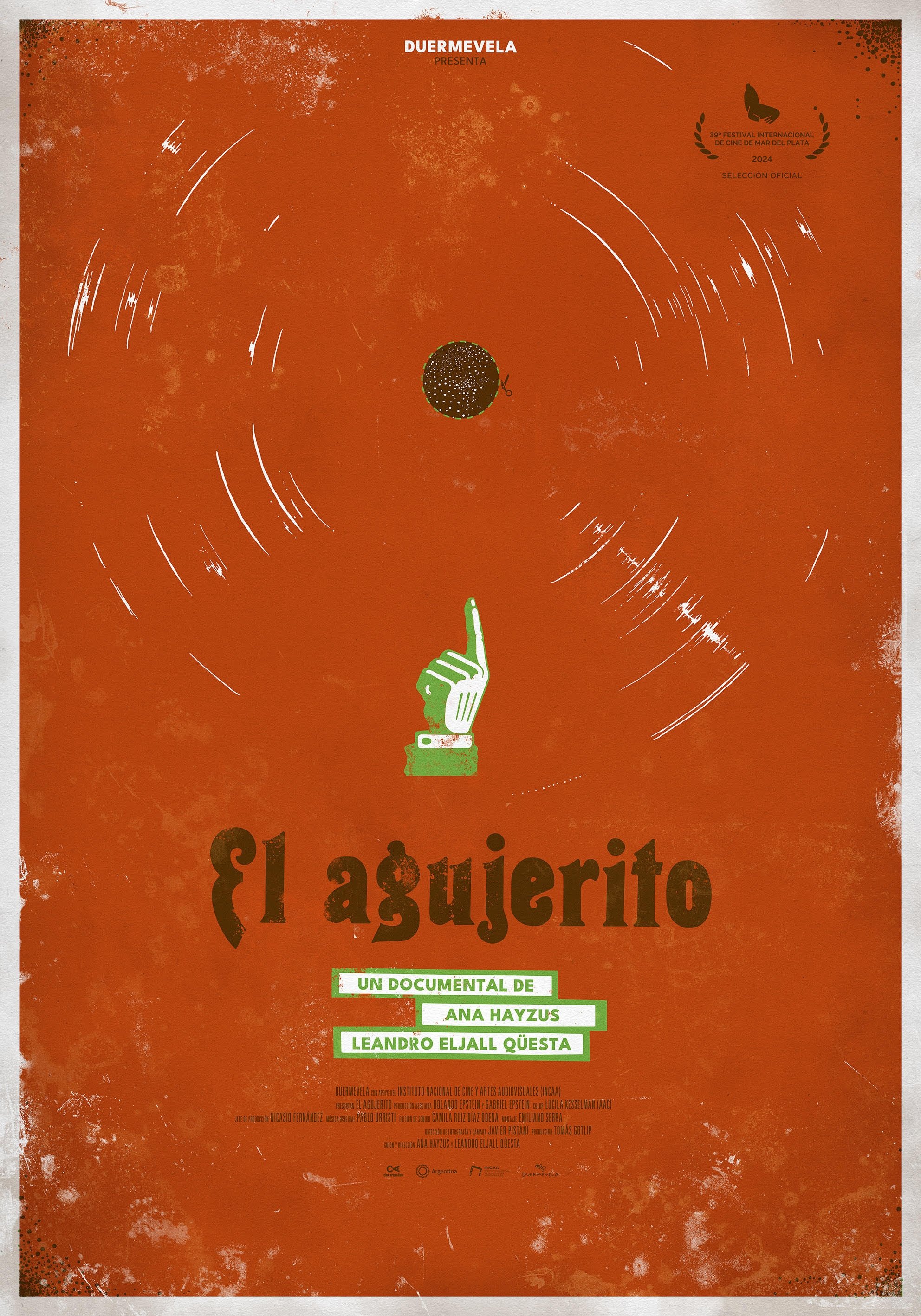
El Agujerito: For the Record
Character:
In 1969, the Epstein brothers founded a music house in the heart of downtown Buenos Aires. There they offered the best imported records and it soon became a sanctuary. Musicians like Claudio Gabis, Nito Mestre, Charly García, Andrés Calamaro, agree that it was the place of freedom and inspiration that they so needed. It was the time when the avant-garde of the Di Tella Institute was nourished by the incipient rock and art, causing an explosion in the middle of a society isolated and lethargic by...
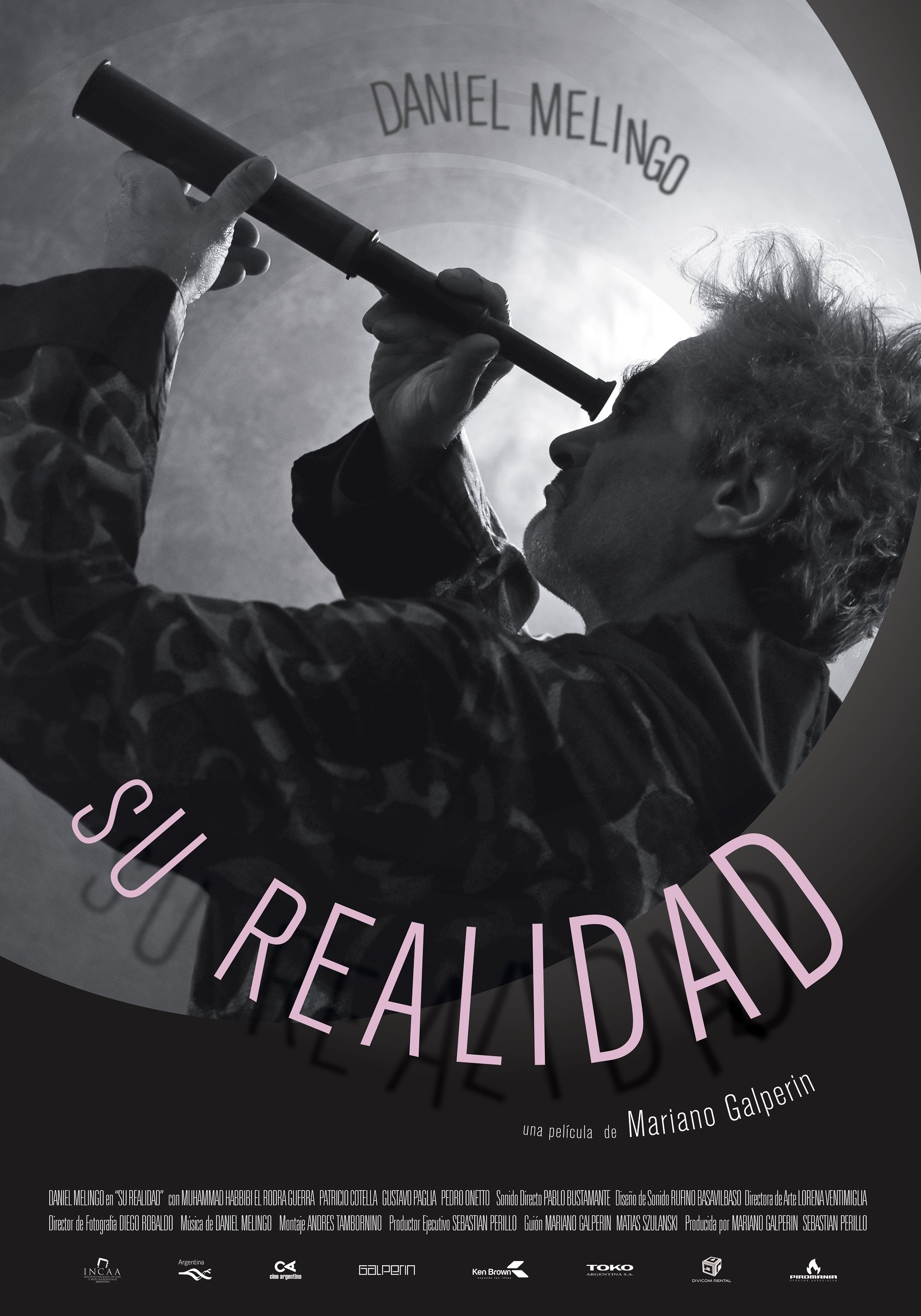
Su realidad
Character: Calamaro
The story takes place in a parallel world during a tour of the musician Daniel Melingo in Europe. What looks like real not always is. With elements of surrealism, the 1930s and the 21st century, the plot accompanies him always focused on the intermediate times, when he downs the stage, away from the show....
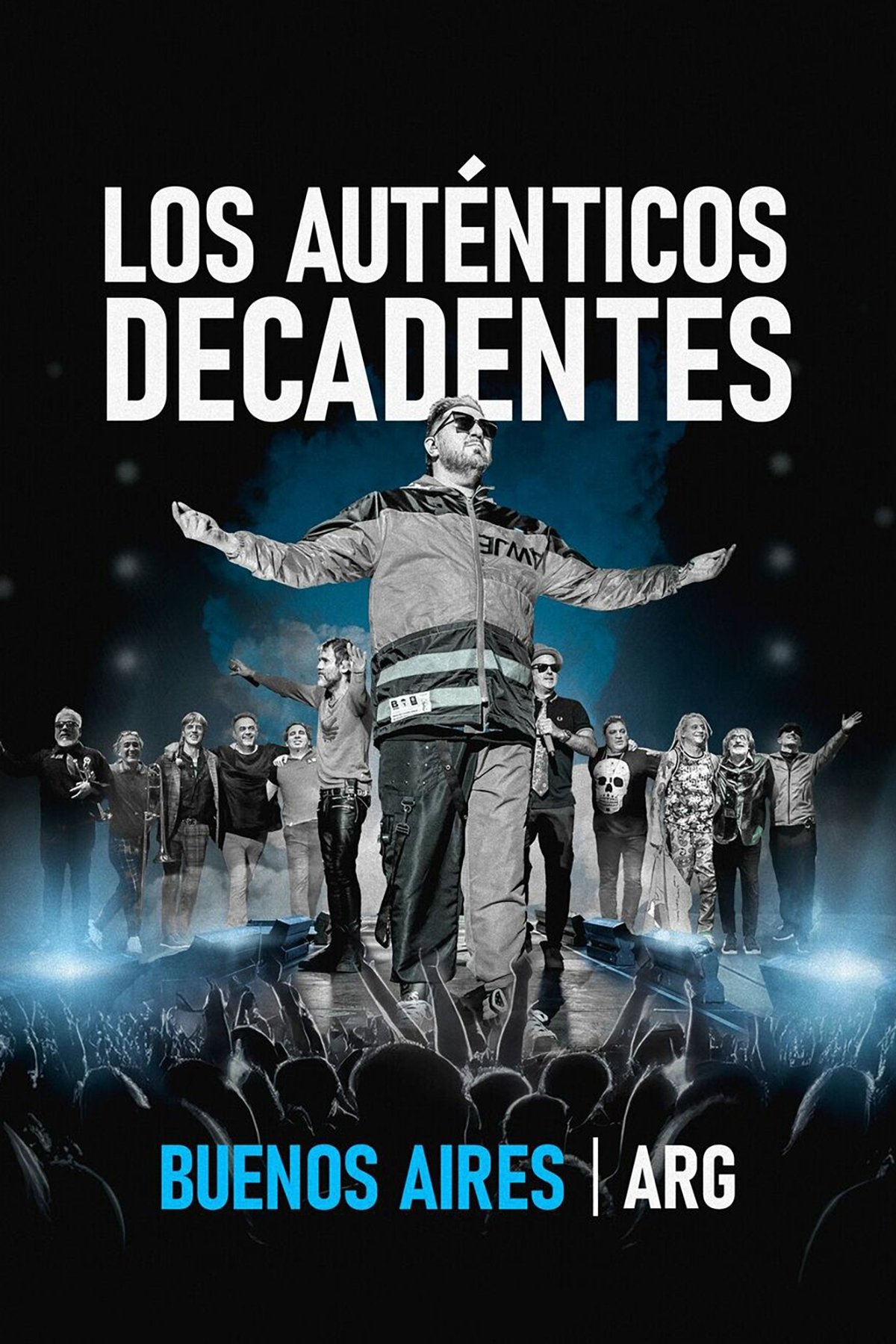
Los Auténticos Decadentes: Buenos Aires - ARG (En Vivo)
Character:
...
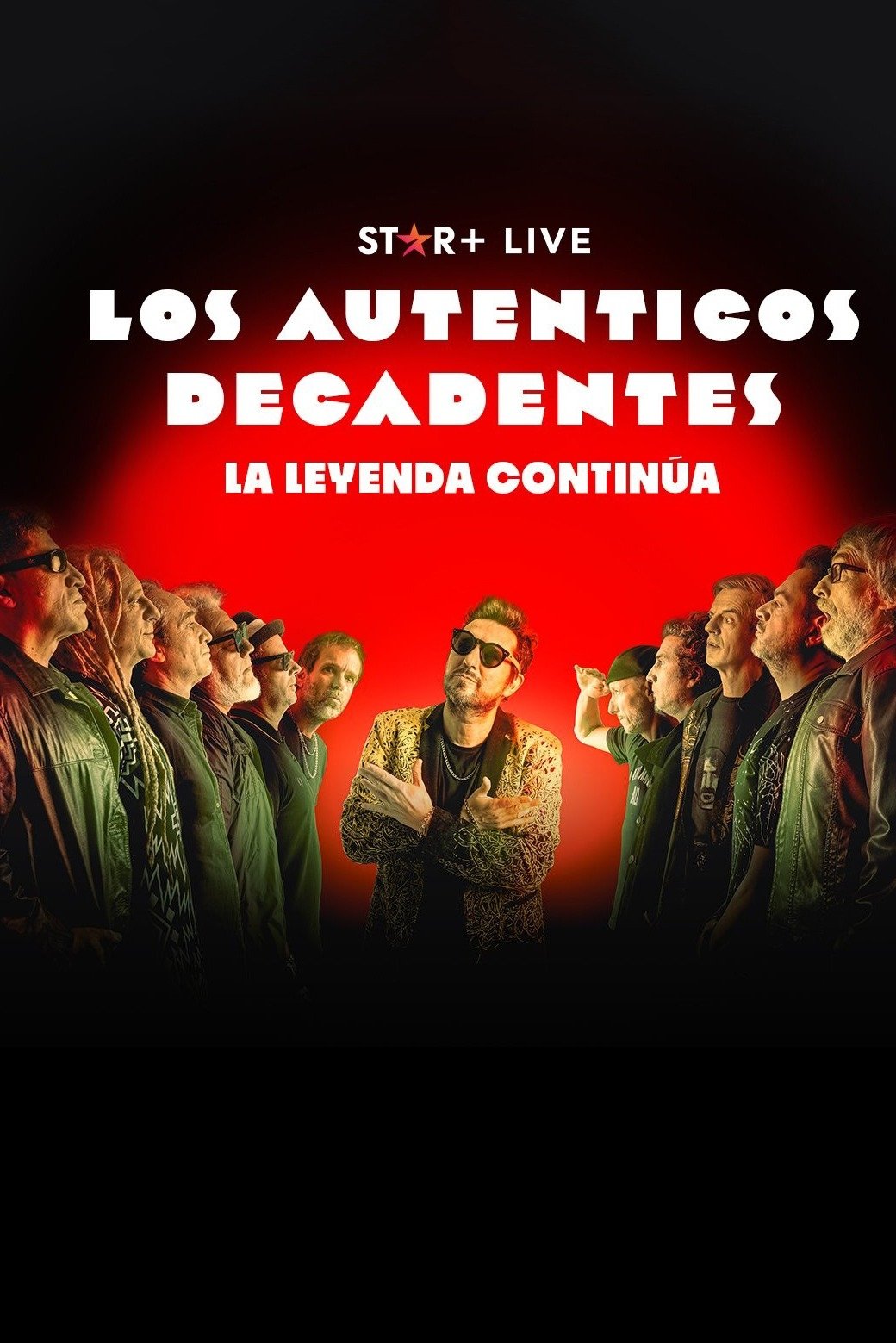
Los Auténticos Decadentes | La Leyenda Continúa
Character:
The band takes the stage for the first time ever at the Movistar Arena in Buenos Aires, in what promises to be a night of pure decadence....